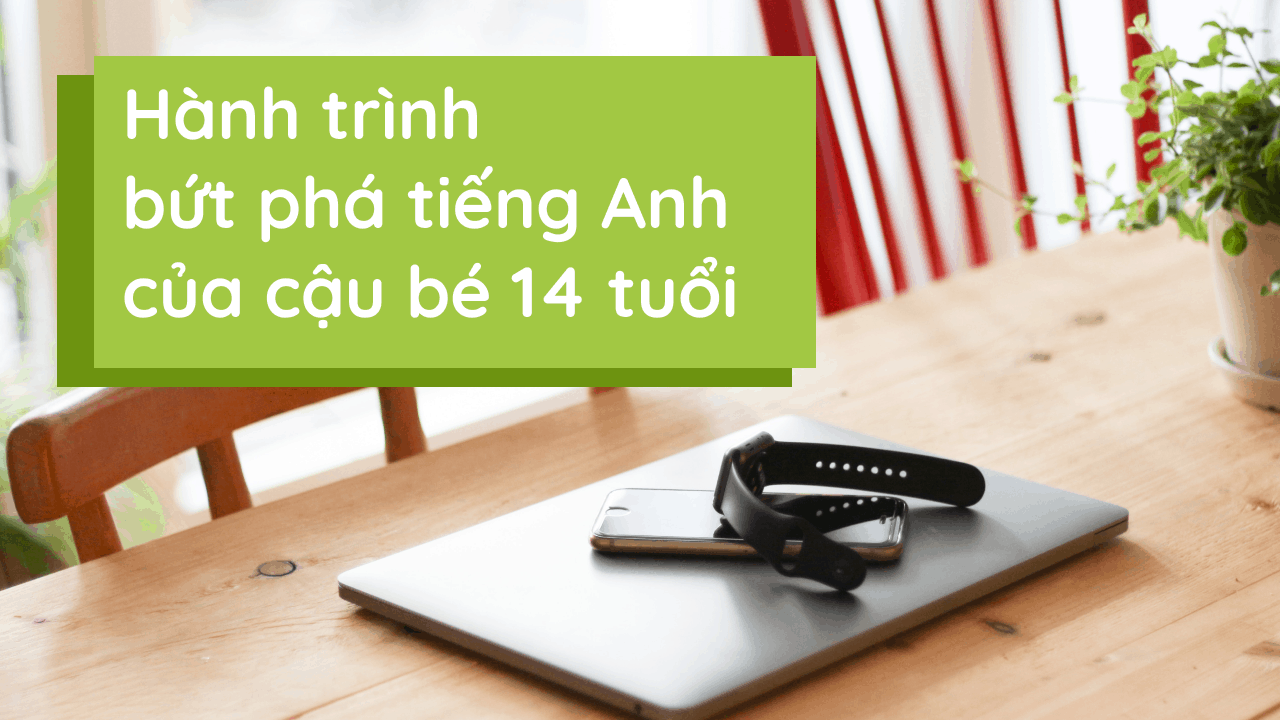Trong Writing Task 2 của bài thi IELTS, chúng ta thường sẽ được yêu cầu đưa ra ý kiến về một vấn đề nào đó. Khi viết, chúng ta chú ý sử dụng từ nối linh hoạt, và khi đưa ra luận điểm nào đó, ta không thể bỏ qua việc chứng minh, giải thích, và lấy ví dụ cho luận điểm đó.
Một trong số các chủ đề thường gặp là chủ đề quảng cáo (Advertising). Nhưng trong chủ đề này lại mở ra vô số các câu hỏi, các vấn đề nhỏ khác. Vậy đó có thể là vấn đề gì?
Trong xã hội hiện đại ngày nay, khi mà truyền thông có sức ảnh hưởng rất lớn tới công chúng, tới cách mọi người suy nghĩ và hành động, thì quảng cáo đang trở thành một chủ đề có sức hút hơn cả. Chính vì thế, người ta không chỉ quan tâm tới khía cạnh tích cực của quảng cáo, mà còn dần nhận ra các mặt tiêu cực. Một trong số đó là về việc quảng cáo đồ ăn vặt có ảnh hưởng không tốt tới cộng đồng nói chung và trẻ em nói riêng. Có những người cho rằng đồ ăn vặt không có lợi đối với sức khỏe của trẻ em, vì thế, việc quảng cáo phải đúng sự thật và phải được kiểm soát chặt chẽ. Thậm chí còn có luận điểm nói rằng nên cấm việc quảng cáo đồ ăn vặt. Tuy nhiên, ngược lại, có ý kiến lại khẳng định việc này là không hề cần thiết. Chúng ta hoàn toàn không cần phải cấm những quảng cáo về đồ ăn vặt. Vì sao vậy? Hãy cùng đọc bài viết dưới đây để tham khảo những lí do mà họ đưa ra nhé.
No need to ban: arguments in favour of
retaining junk food advertising
There are a number of arguments advanced against banning the advertising of certain products, such as alcohol and junk food. Broadly, some commentators see any attempts to prohibit advertising of these products ‘as the new coolest thing for paternalistic policymakers and their nanny state’. One argues:
Advertising is, at its core, just the simple delivery of information. Those who oppose it are essentially arguing that this information is too challenging for individuals to process safely; that, if told the wrong thing, they will be unable to resist self-harm.
In other words, according to this view, people of all ages are able to form opinions about the merits of products advertised and make decisions, which they calculate are in their best interests, in relation to what they consume. Advertising in fact:
… informs us that new products are available in the marketplace. We may, after having watched an ad, have a different idea of what our next purchase may be. But that isn’t because we have been manipulated by a ruthless marketing department.

With reference to children, this type of argument can be manipulated to portray children as responsible consumers. Hence,
… children as young as five display well-defined preferences about TV programming – they choose to watch some shows instead of others, according to their personality, age, cognitive development and gender. As in the case of adults, the relevant literature shows that children are not a passive advertisement audience, that they do not fall for everything that comes out of the TV screen, and are instead able to nurture opinions and preferences about the specific commercial they are watching. More specifically, a 1994 study shows that children as young as eleven display a large degree of scepticism about the contents of selected advertising campaigns.
(Source link: here)
Vocabulary:
| Ordinal numbers | Words | Word classes | Phonemic transcription | English definition | Vietnamese definition |
| 1 | junk food | (noun) | /ˈdʒʌŋk ˌfuːd/ | food that is unhealthy but is quick and easy to eat | quà vặt, ăn cho vui miệng và được coi như là không đủ chất dinh dưỡng |
| 2 | broadly | adverb | US /ˈbrɑːdli/ | in a general way, without considering specific examples or all the details | nói chung, nhìn chung |
| 3 | commentator | noun | US /ˈkɑː.mən.teɪ.t̬ɚ/ | a person who is an expert on a particular subject and talks or writes about it on television or radio, or in a newspaper | nhà bình luận/ người tường thuật |
| 4 | paternalistic | adjective | BrE /pəˌtɜːnəˈlɪstɪk/ NAmE /pəˌtɜːrnəˈlɪstɪk/ | (of a government or an employer) protecting the people who are governed or employed by providing them with what they need, but not giving them any responsibility or freedom of choice) | Chủ nghĩa gia trưởng |
| 5 | manipulate | verb | BrE /məˈnɪpjuleɪt/ NAmE /məˈnɪpjuleɪt/ | to control something or someone to your advantage, often unfairly or dishonestly | thao túng, lôi kéo, vận động |
| 6 | ruthless | adjective | US /ˈruːθ.ləs/ | not thinking or worrying about any pain caused to others; cruel | tàn nhẫn |
| 7 | scepticism
North American English: skepticism |
noun | BrE /ˈskeptɪsɪzəm/ NAmE /ˈskeptɪsɪzəm/ | an attitude of doubting that claims or statements are true or that something will happen | thái độ hoài nghi, chủ nghĩa hoài nghi |
Một số cụm từ đáng lưu ý:
- there are a number of: có một số
- such as: như
- broadly: nhìn chung
- attempts to: cố gắng để làm gì
- in other words: nói cách khác
- in relation to: có liên quan đến
- with reference to: về vấn đề gì, có liên quan tới
- as in the case of: như trong trường hợp của
- more specifically: cụ thể hơn
- hence: vì thế, vì vậy, sau đây
Bài viết đưa ra luận chứng phản đối việc cấm quảng cáo một số loại sản phẩm như rượu và đồ ăn vặt:
- Advertising is, at its core, just the simple delivery of information. People of all ages are able to form opinions about the merits of products advertised and make decisions,…. Advertising in fact informs us that new products are available in the marketplace. (Quảng cáo đơn thuần chỉ cung cấp thông tin. Người xem ở mọi lứa tuổi đều có thể tự đưa ra ý kiến về giá trị của sản phẩm được quảng cáo và đưa ra quyết định,… Quảng cáo thực tế chỉ thông báo cho chúng ta biết rằng đã có sản phẩm mới trên thị trường)
- With reference to children, this type of argument can be manipulated to portray children as responsible consumers. (Đối với trẻ em, luận điểm này chỉ ra rằng trẻ em là những người xem, những khách hàng khá thông minh, xem quảng cáo có chọn lọc)
Question: Some people say that advertising encourages us to buy things that we really do not need. Others say that advertisements tell us about new products that may improve our lives.
Which viewpoint do you agree with? Give reasons for your answer and include any relevant examples from your own knowledge or experience.
Bạn hãy đưa ra ý kiến và cùng trao đổi trong comment phía dưới nhé!
—————- 🔽 🔽 🔽—————-
Bạn có thể xem thêm các bài viết về rèn luyện kĩ năng cho kì thi IELTS của chúng mình tại đây.
Khi đọc các bài báo hàng ngày, hãy dùng tiện ích eJOY extension để tra và lưu các từ mới để ôn tập lại sau nhé!






















